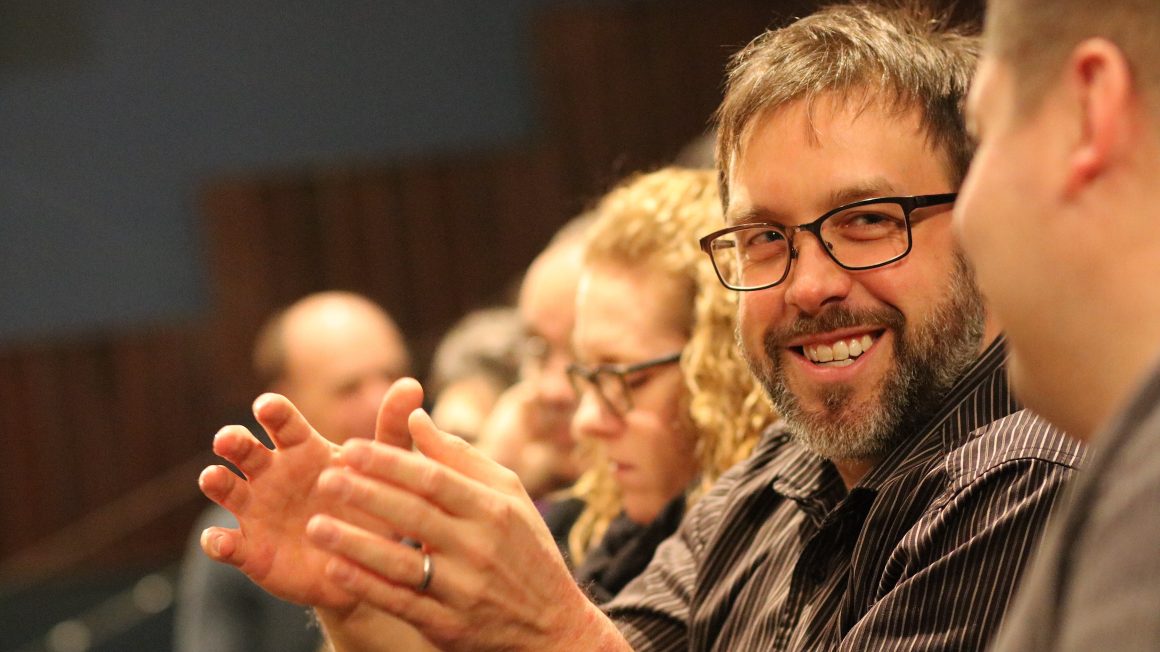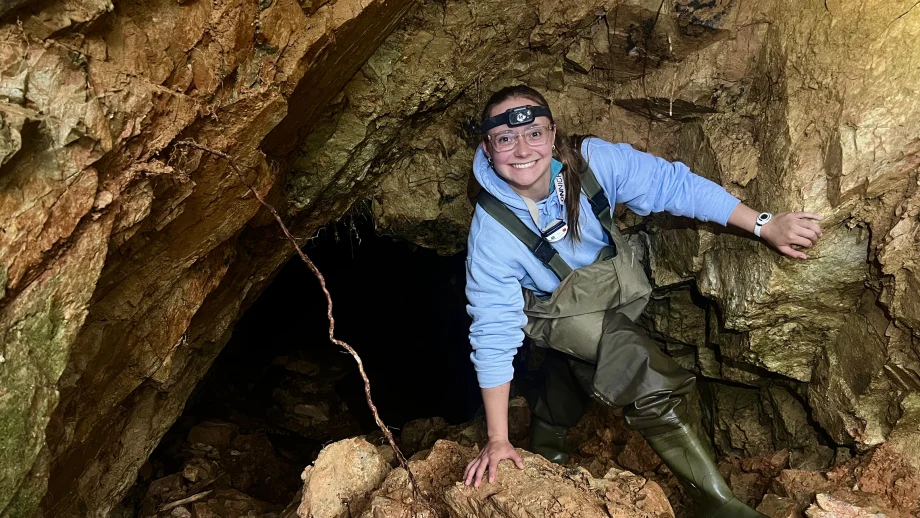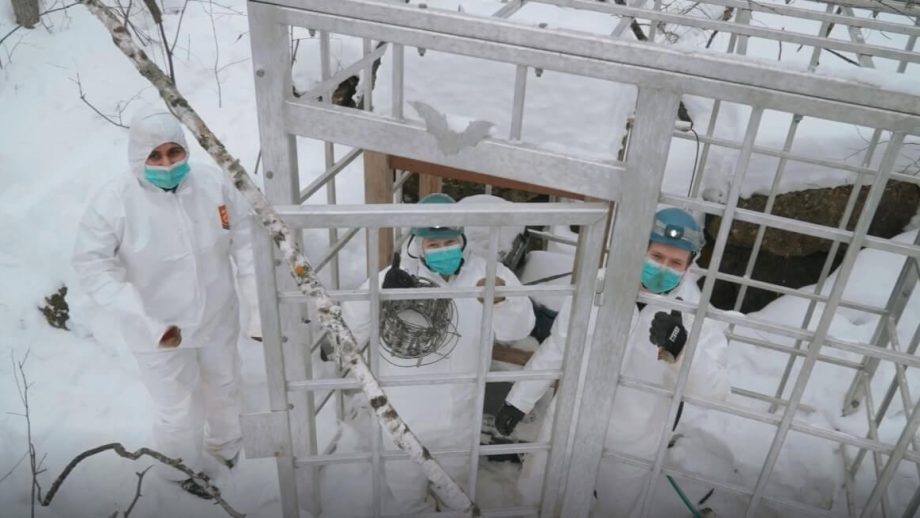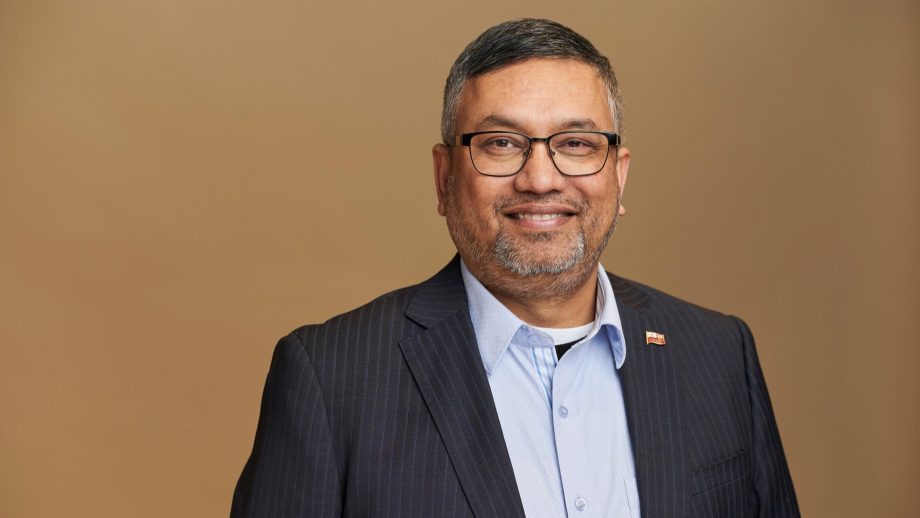Canada’s Immigration Minister Sean Fraser recently announced plans to welcome more than 431,000 new immigrants to Canada in 2022 to help the economy recover from COVID-19 and to drive future growth.
The overall purpose is to work in collaboration with refugee-serving community-based organizations to determine what sorts of community supports can assist refugee workers establish successful employment in the prairie provinces.
Dr. Ray Silvius
University of Winnipeg researcher and political scientist Dr. Ray Silvius has received more than $300,000 in funding from Immigration Research West at the University of Manitoba for the multi-year project Improving Employment Outcomes for Former Refugees in Manitoba, Saskatchewan, and Alberta.
The project’s main objective is to determine what kind of community supports can assist former refugees in establishing successful employment trajectories upon arrival to – and settlement in – Manitoba, Saskatchewan, and Alberta.
Sally Ogoe is serving as a Senior Research Associate on this project, building on her PhD work on the employment experiences of refugee women.
“The overall purpose is to work in collaboration with refugee-serving community-based organizations (CBOs) to determine what sorts of community supports can assist refugee workers establish successful employment in the prairie provinces,” said Silvius. “We are interested in how former refugees themselves define successful employment. Is it something that is well compensated, personally rewarding, secure, with upward mobility, and in a field of their choice? Does it help to sustain a household in Canada and family overseas?”
Just this past year, Canada welcomed more than 405,000 new permanent residents — the most immigrants in a single year in Canadian history.
To best serve new Canadians, the project’s foundational goals include investigating how government policy and programs are experienced ‘on the ground’ by both former refugees and CBOs to improve the experience and how to leverage the contributions of CBOs to develop a common framework, action plan, and enduring networks for enhancing the employment trajectories of former refugees.
The project will collaborate with refugee-serving CBOs, including service providers and ethnocultural organizations, using community-engaged research methodologies to determine labour and work challenges faced by refugees, as well as possible organizational and government responses to these challenges.
“We will partner with community-based newcomer-serving organizations to develop a common framework, action plan, and enduring networks for supporting former refugees in their attempts to secure positive employment,” said Ogoe. “We want to determine the impact, success, and shortcomings of current employment-related programs directed at former refugees.”
Other goals include developing theoretical and empirical linkages between inner-city and rural poverty alleviation efforts and the positions of community-based refugee-serving organizations and their constituents; and determining the prevalence and duration of so-called “survival jobs” taken on by refugees as they navigate the labour markets and seek successful integration into community life.





